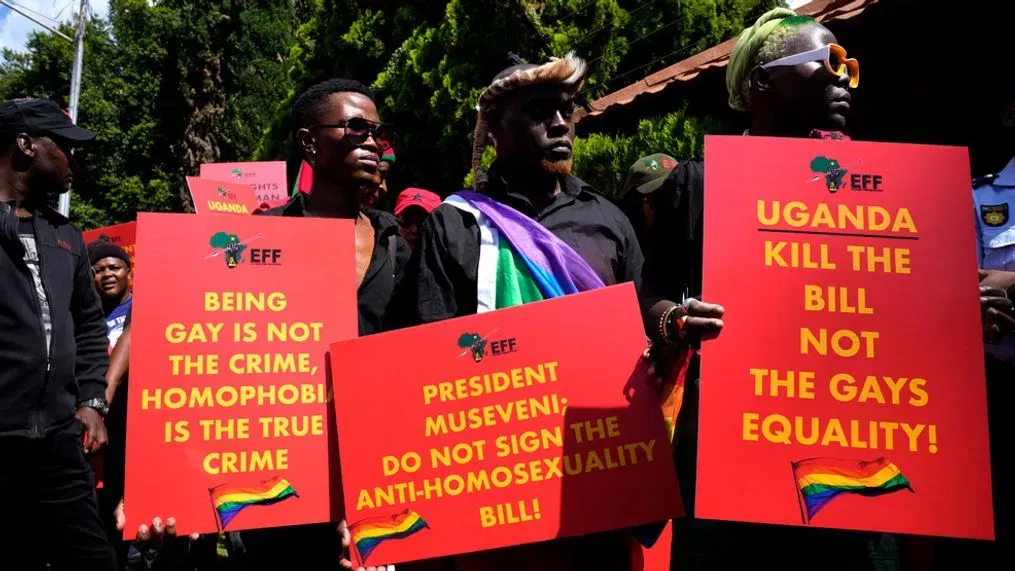The US government has modified its travel recommendation for Uganda in light of the recently approved anti-LGBTQI+ law.
The United States recommended its nationals not to travel to Uganda due to crime, terrorism, and anti-LGBTQI+ legislation, according to a statement.
"The Anti-Homosexuality Act increases the risk that LGBTQI+ persons, and those perceived to be LGBTQI+, may be prosecuted and sentenced to life imprisonment or death under the law's provisions, and may be subject to mandatory reporting to the police if they are suspected of committing or intending to commit the acts," the statement said.

It has also encouraged supporters of the dignity and human rights of LGBTQI+ people to remain watchful because they may be persecuted and imprisoned for multiple years.
Did you read this?
"Some areas are more dangerous than others."
Terrorist attacks and violent crimes such as armed robbery, home invasion, and sexual assault pose a significant threat to individuals visiting and staying in Uganda, according to the new advice.
"Local police may lack sufficient funds to respond effectively to serious crime in most areas."
Ugandan President Yoweri Museveni passed an anti-gay bill into law in May, increasing harsher punishments for ''aggravated homosexuality''.
The new law, one of the strongest anti-LGBTQ laws in the world, criminalizes homosexuality and punishes violators with a 20-year prison sentence for encouraging homosexuality.

Following the measure's passage, Uganda may face financial repercussions from donors, with LGBTQ advocates planning to file a judicial challenge.
The US administration had warned to review the ramifications of the new legislation for PEPFAR, its flagship HIV/AIDS program, in Uganda.
The European Union, the United Nations, and a coalition of international corporations condemned Uganda's government for its anti-LGBTQ regime drive.

-1686653634.jpg)







